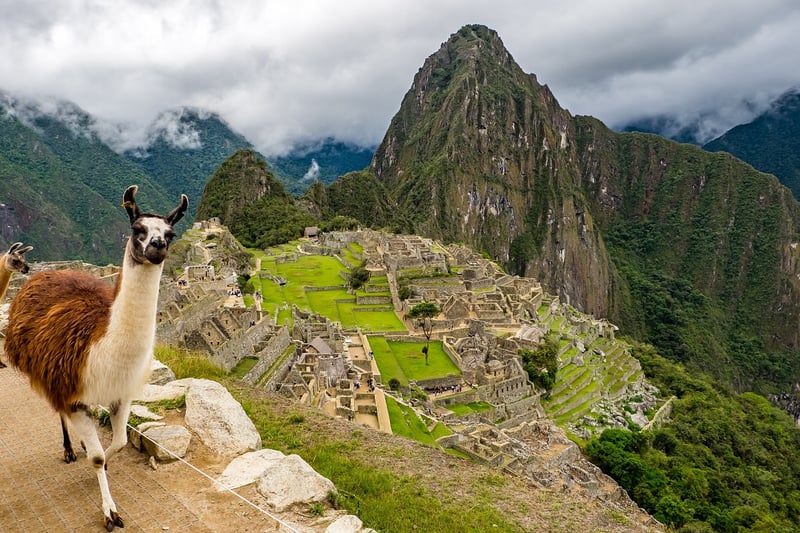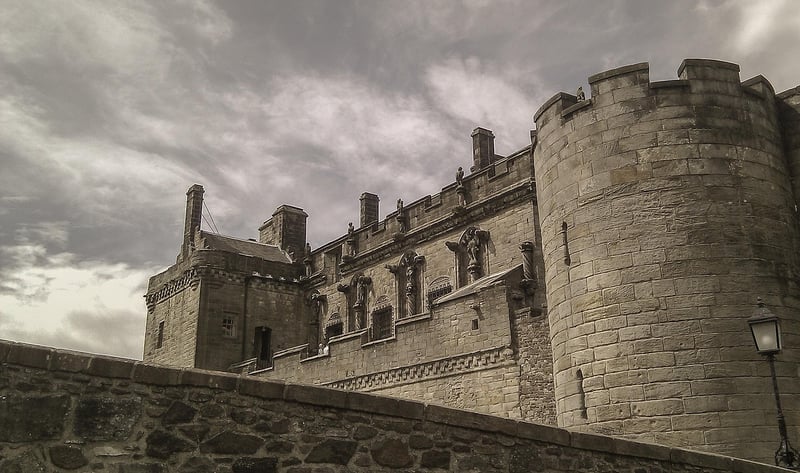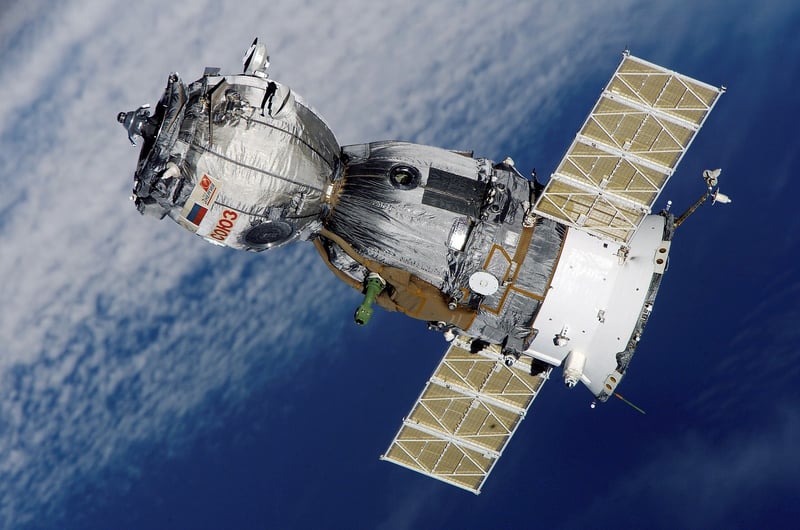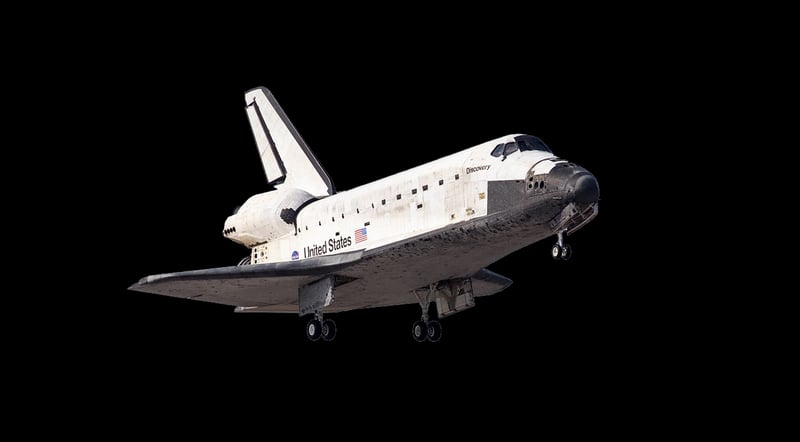Future Exploration
Exploring Time Periods and Future Exploration
Introduction
Time and exploration have always been intertwined throughout human history. From ancient civilizations to modern space exploration, humans have continuously sought to understand and navigate the passage of time. Let's delve into the exploration of different time periods and the exciting prospects of future exploration.
Ancient Time Periods
Ancient civilizations such as the Egyptians, Greeks, and Romans had unique ways of measuring time. The invention of sundials, water clocks, and later mechanical clocks revolutionized how people organized their daily lives.

Key Points:
- Ancient Egyptians used shadow clocks to divide the day into parts.
- The Greeks created the concept of hours.
- Romans introduced the Julian calendar.
Medieval and Renaissance Time
The medieval period saw the development of mechanical clocks in European monasteries. The Renaissance brought about increased accuracy in timekeeping with the invention of the pendulum clock by Galileo Galilei.

Notable Advancements:
- Development of hourglasses for maritime navigation.
- Invention of the pocket watch in the 16th century.
Modern Times and Space Exploration
In the modern era, atomic clocks have become the most precise timekeeping devices. Time synchronization is crucial for global communication, GPS systems, and scientific research. Space exploration has also pushed the boundaries of time measurement with experiments on time dilation.

Recent Achievements:
- Atomic clocks used in GPS satellites enable precise location services.
- Experiments with atomic clocks on the International Space Station validate Einstein's theory of relativity.
Future Exploration
The future of time exploration holds exciting possibilities. Advancements in quantum computing may revolutionize how we measure and understand time. Space agencies are planning missions to Mars and beyond, where time will play a critical role in the success of these endeavors.

Future Prospects:
- Exploration of black holes and their impact on time.
- Development of time travel theories and experiments.
- Integration of timekeeping technologies in deep space missions.
Exploring time periods and future possibilities not only enriches our understanding of the universe but also fuels our curiosity and drive for discovery. Time, as both a concept and a measurement, continues to captivate and inspire exploration in all its forms.
